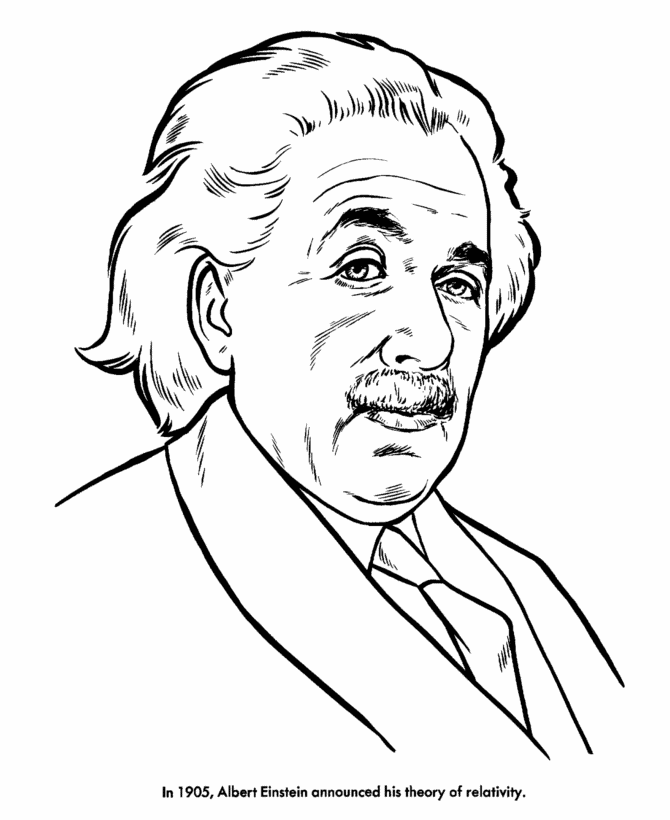



|
 |
 |
| |
Albert Einstein – (1879 – 1955) – Scientist / Physicist
Albert Einstein was a German-born theoretical physicist. He is best known for his theory of relativity and
specifically mass-energy equivalence, expressed by the equation E = mc2. Einstein received the 1921 Nobel Prize
in Physics "for his services to Theoretical Physics, and especially for his discovery of the law of the photoelectric effect".
|
|
[Go Back]
[Print This Page]
[Go to the Next Page]
|

|
In 1905, while he was working in the patent office, Einstein had four papers published in the Annalen der Physik, the leading
German physics journal. These are the papers that history has come to call the Annus Mirabilis Papers:
His paper on the particulate nature of light put forward the idea that certain experimental results, notably the photoelectric effect,
could be simply understood from the postulate that light interacts with matter as discrete "packets" (quanta) of energy, an idea that had
been introduced by Max Planck in 1900 as a purely mathematical manipulation, and which seemed to contradict contemporary wave theories of
light.
His paper on Brownian motion explained the random movement of very small objects as direct evidence of molecular action, thus supporting
the atomic theory.
His paper on the electrodynamics of moving bodies introduced the radical theory of special relativity, which showed that the observed
independence of the speed of light on the observer's state of motion required fundamental changes to the notion of simultaneity.
Consequences of this include the time-space frame of a moving body slowing down and contracting (in the direction of motion) relative to
the frame of the observer. This paper also argued that the idea of a luminiferous aether-one of the leading theoretical entities in physics
at the time-was superfluous.
In his paper on mass-energy equivalence (previously considered to be distinct concepts), Einstein deduced from his equations of special
relativity what has been called the twentieth century's most well known equation: E = mc2. This suggests that tiny amounts of
mass could be converted into huge amounts of energy and presaged the development of nuclear power.
All four papers are today recognized as tremendous achievements-and hence 1905 is known as Einstein's "Wonderful Year". At the time, however, they were not noticed by most physicists as being important, and many of those who did notice them rejected them outright. Some of this work-such as the theory of light quanta-remained controversial for years
Historical / Biographical information courtesy of Wikipedia.
|
|
|
 |
|


|

